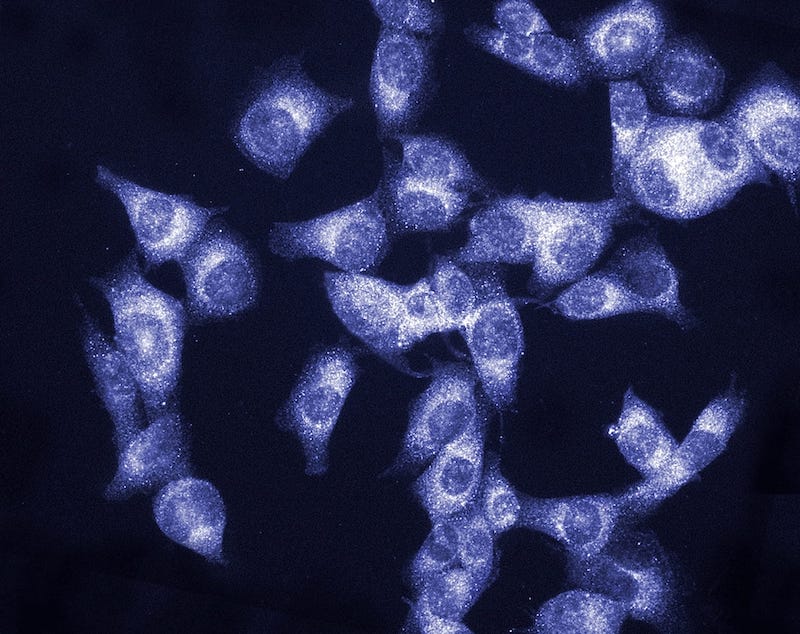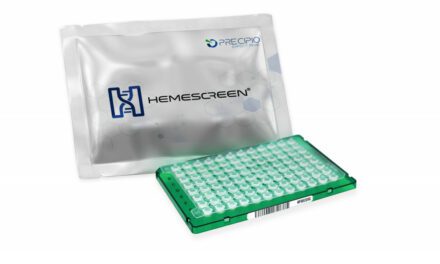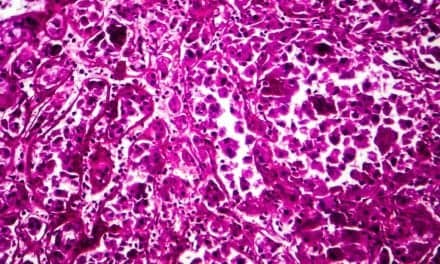New research in Advanced NanoBiomed Research indicates that testing an individual’s blood can reveal the presence of circulating melanoma cells, indicating skin cancer. Such tests may allow patients to forego invasive skin biopsies to determine whether they have skin cancer.
“This is the first comprehensive study of circulating tumor cells—or CTCs—to evaluate the efficacy of surgery using microfluidic systems in melanoma, including changes in the number of CTCs, CTC cluster configuration, and gene expression profiling,” says first author, Yoon-Tae Kang, PhD.
The test uses what’s called the Melanoma-specific OncoBean platform conjugated with melanoma-specific antibodies to help spot skin cancer. Investigators at the University of Michigan showed that the test can be used not only to diagnose melanoma but also to evaluate whether all cancer cells have been successfully removed after skin cancer surgery.
“CTCs have the potential to pinpoint treatment resistance and recurrence, and can be a valuable biomarker to non-invasively monitor for disease progression,” says corresponding author Sunitha Nagrath, PhD.
About the Journal
Advanced NanoBiomed Research provides an Open Access home for cutting-edge nanomedicine, bioengineering and biomaterials research aimed at improving human health. The journal captures a broad spectrum of research from increasingly multi- and interdisciplinary fields of the traditional areas of biomedicine, bioengineering and health-related materials science as well as precision and personalized medicine, drug delivery, and artificial intelligence-driven health science.
About Wiley
Wiley provides research and education, unlocking human potential by enabling discovery, powering education, and shaping workforces. For over 200 years, Wiley has fueled the world’s knowledge ecosystem. Today, its content, platforms, and services help researchers, learners, institutions, and corporations achieve their goals in an ever-changing world.





